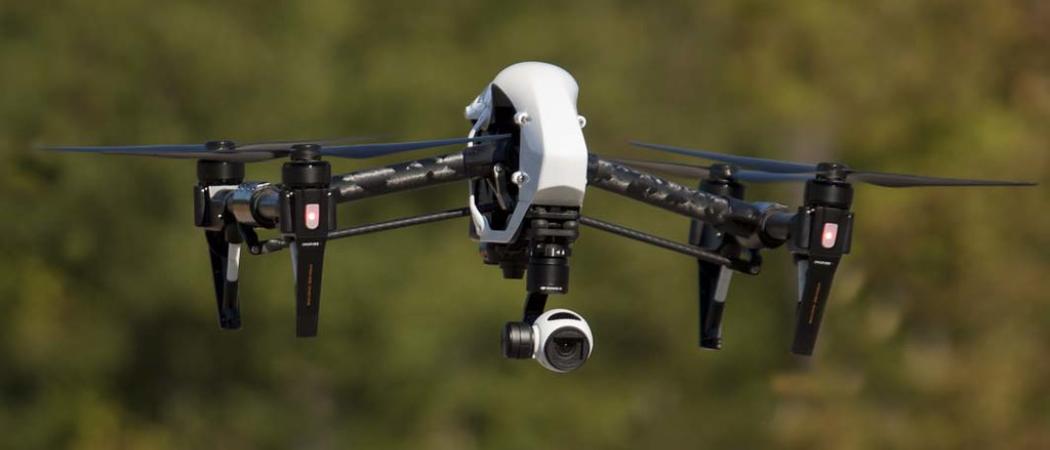The responses are in to a Commission proposal to allow projects with military potential in FP10, the successor research programme to Horizon Europe

Photo credits: Anne Davis 773 / Flickr
Universities and academic institutions have largely rejected a European Commission proposal to allow dual use research projects in FP10, the successor programme to Horizon Europe due to start in 2028.
Following Russia’s invasion of Ukraine, Brussels and national capitals worry whether the EU could defend itself if directly attacked by Moscow, and want to step up defence R&D in response.
In January this year, the Commission put forward a series of options for FP10, including allowing dual use projects in parts of the programme.
The current programme, Horizon Europe, is purely civilian. Instead, the separate European Defence Fund backs military research.
But a majority of academic and research organisations favour keeping the system as it is, according to a tally of public consultation responses released by the Commission this week.
Businesses that responded, however, were more favourable to allowing dual use projects.
“Overall, the tendency is mostly favourable to Option 1 [keep the status quo], in particular among research institutions, NGOs and expressed citizens,” the Commission summary says.
“There is more openness to Option 2 [allowing dual use projects in FP10] among some public authorities, business associations and private companies subject to further discussion on the details of the implementation.”
Some research organisations are worried that if dual use projects creep into FP10, this could make it harder to work with foreign partners.
Opening it up to military research “may restrict global collaboration and exclude third-country researchers from projects”, said Germany’s Leibniz Association in its response.
There’s also a queasiness about being associated with defence projects. “The danger of normalising military research can equally undermine trust in science and academia,” Leibniz also warned.
Protect civilian funding
Even if not openly opposed to dual use projects, research organisations are nervous their expansion could eat into funding for civilian work.
“Sufficient and adequate funding for basic research must be safeguarded at all costs, regardless of the provisions made for ‘dual-use’ research in the next Framework Programme,” said the response from Science Europe, an umbrella body for funders and research organisations.
The body didn’t come down clearly in favour of any one option, instead calling for more clarification and discussion.
Some research organisations are cautiously in favour of dual use in FP10, however. The Norwegian University of Science and Technology said it was worth exploring, “considering the evolving geopolitical landscape”.
“This approach ensures the generation of long-term competence and capacity building within areas such as artificial intelligence, biotech, sensors and cybernetics, which are important both for civil and military systems,” the university said in its response.
In its January proposal, the Commission also proposed a third option – create even more defence R&D funding instruments. By its own admission, however, this could have led to more complication and overlap, and respondents seemed to agree, with barely any backing it.





 A unique international forum for public research organisations and companies to connect their external engagement with strategic interests around their R&D system.
A unique international forum for public research organisations and companies to connect their external engagement with strategic interests around their R&D system.